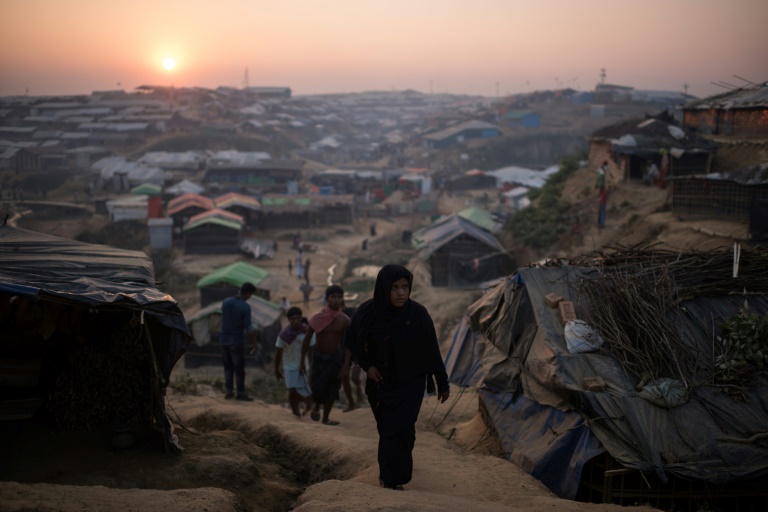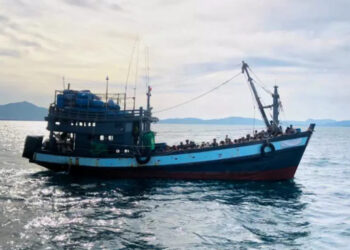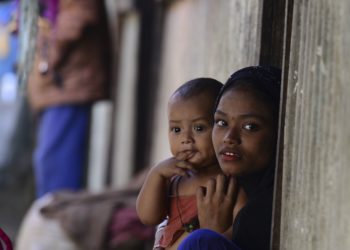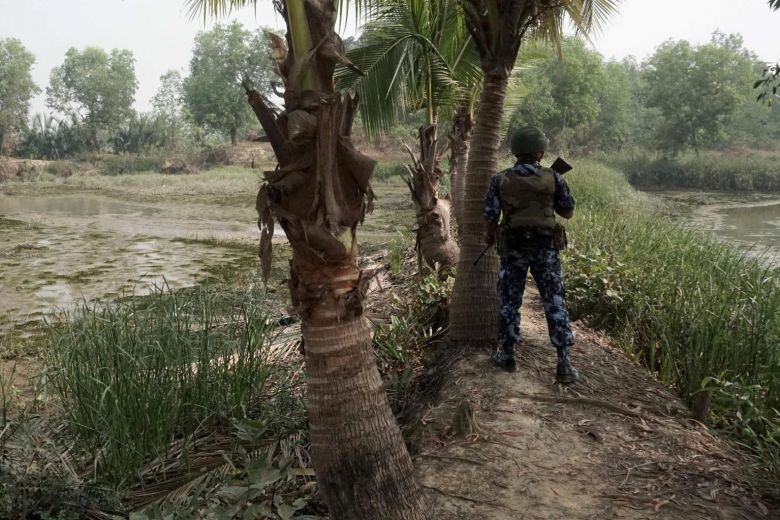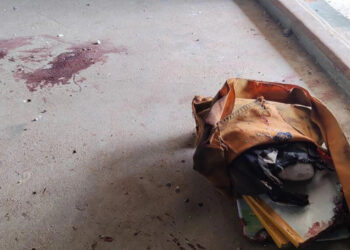Bangladesh and Myanmar are considering a fresh attempt next week to repatriate a few of the hundreds of thousands of Rohingya refugees who fled a brutal military crackdown two years ago, Dhaka officials said Friday.
Some 740,000 Rohingya fled to Bangladesh in August 2017 from a military offensive in Myanmar that the United Nations likened to ethnic cleansing, joining 200,000 already there.
The two nations signed a repatriation deal later that year but virtually no Rohingya have volunteered to return to Myanmar, where the group has faced decades of repression.
A previous attempt in November 2018 to return 2,260 Rohingya on a repatriation list fell flat, with those earmarked to return refusing to leave without guarantees for their safety.
The mooted new push follows a visit last month to hill camps that are home to the Rohingya by high-ranking officials from Myanmar led by Permanent Foreign Secretary Myint Thu.
Bangladesh’s foreign ministry has forwarded a list of more than 22,000 refugees to Myanmar for verification and Naypyidaw cleared 3,450 individuals for “return.”
Dhaka later forwarded the list to the U.N.’s refugee agency seeking its assistance to survey the refugees’ “intentions regarding repatriation.”
Kimberley Phillips, the UNHCR spokeswoman in Yangon, said they would “meet with those who express an interest in returning – in a confidential setting–- to confirm that voluntariness.”
Top Bangladeshi foreign ministry official Delowar Hossain told AFP there were “possibilities” for the repatriation of the cleared individuals within a few days.
“However we cannot confirm anything yet,” he said.
Another top official from the ministry said on condition of anonymity that the possible repatriation has been slated for Thursday, August 22.
However, Rohingya community leaders expressed “grave concern” saying they were not aware of any repatriation plan.
They said no refugees would return without confirmation of their preconditions – safety, security and citizenship.
Mohib Ullah, a top community leader, said nobody shared any information about the repatriation attempt.
“We don’t know what is happening … We will only repatriate through dialogues (about the preconditions). Without dialogues, no repatriation,” he told AFP.
Myanmar has until now denied the minority citizenship and refers to them as “Bengalis” – inferring that the Rohingya are illegal immigrants from Bangladesh.
Dhaka said it would not force any Rohingya to leave while Myanmar has faced international pressure to allow the refugees to return and grant them citizenship rights.
The U.N. complained the progress to address the refugee crisis has been far too slow.
The massive camps in southeast Bangladesh have sparked tensions between the neighbors, with Bangladesh blaming Myanmar for delays in repatriating the refugees.
A new report from UNICEF – the U.N.’s children agency – released this week warned that “frustration and despair are overwhelming young Rohingya refugees” in the camps in Bangladesh.
The agency said that formal education is rare in the camps and that about 25,000 Rohingya children are not receiving any education at all.
Without adequate education opportunities, adolescents can fall prey to traffickers who offer to smuggle desperate young Rohingya out of Bangladesh, the report warns. UNICEF is calling for urgent investment.
More on the Subject
UN Fears Aid to Myanmar’s Rohingya Risks ‘Entrenching Segregation’


